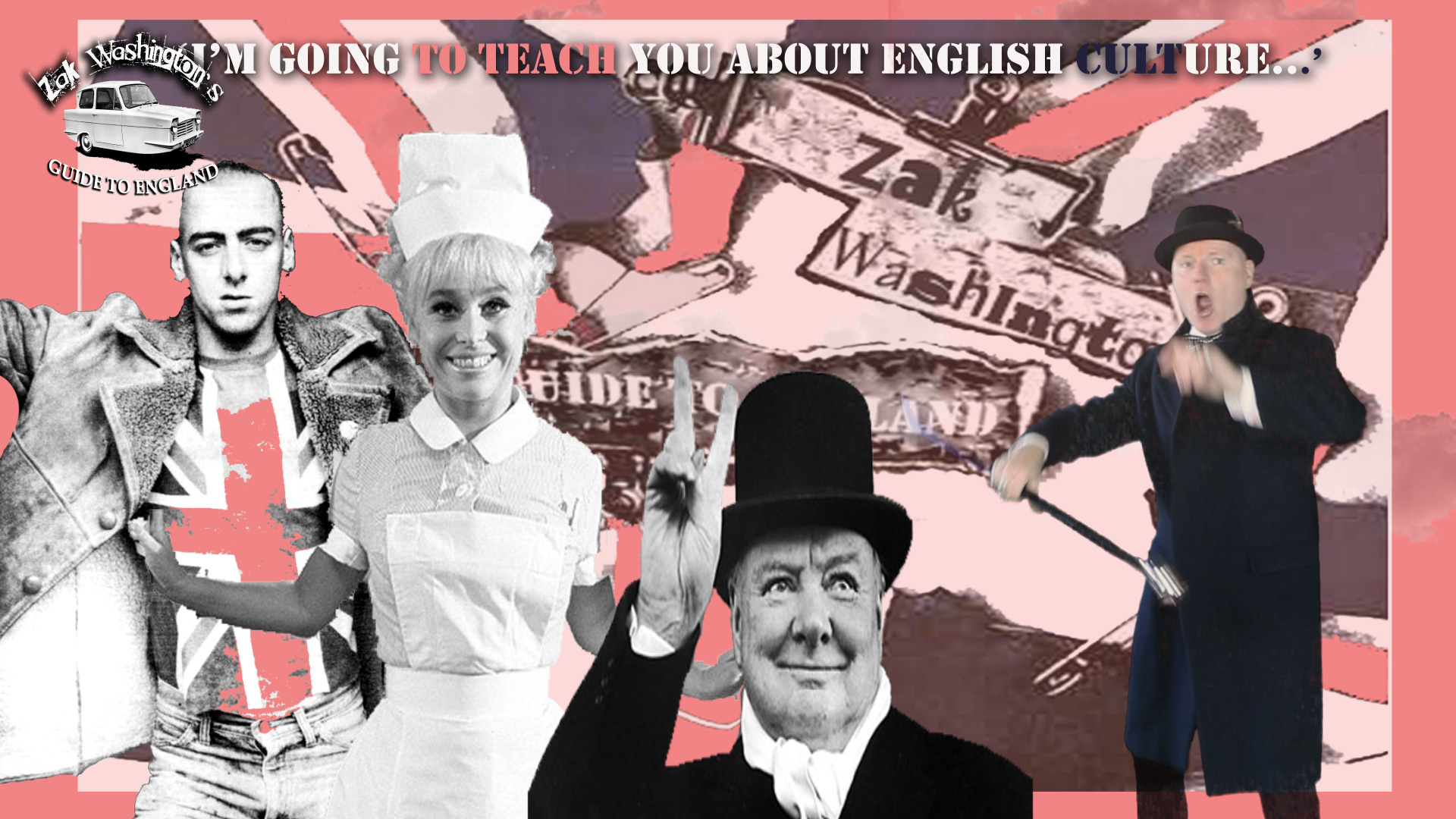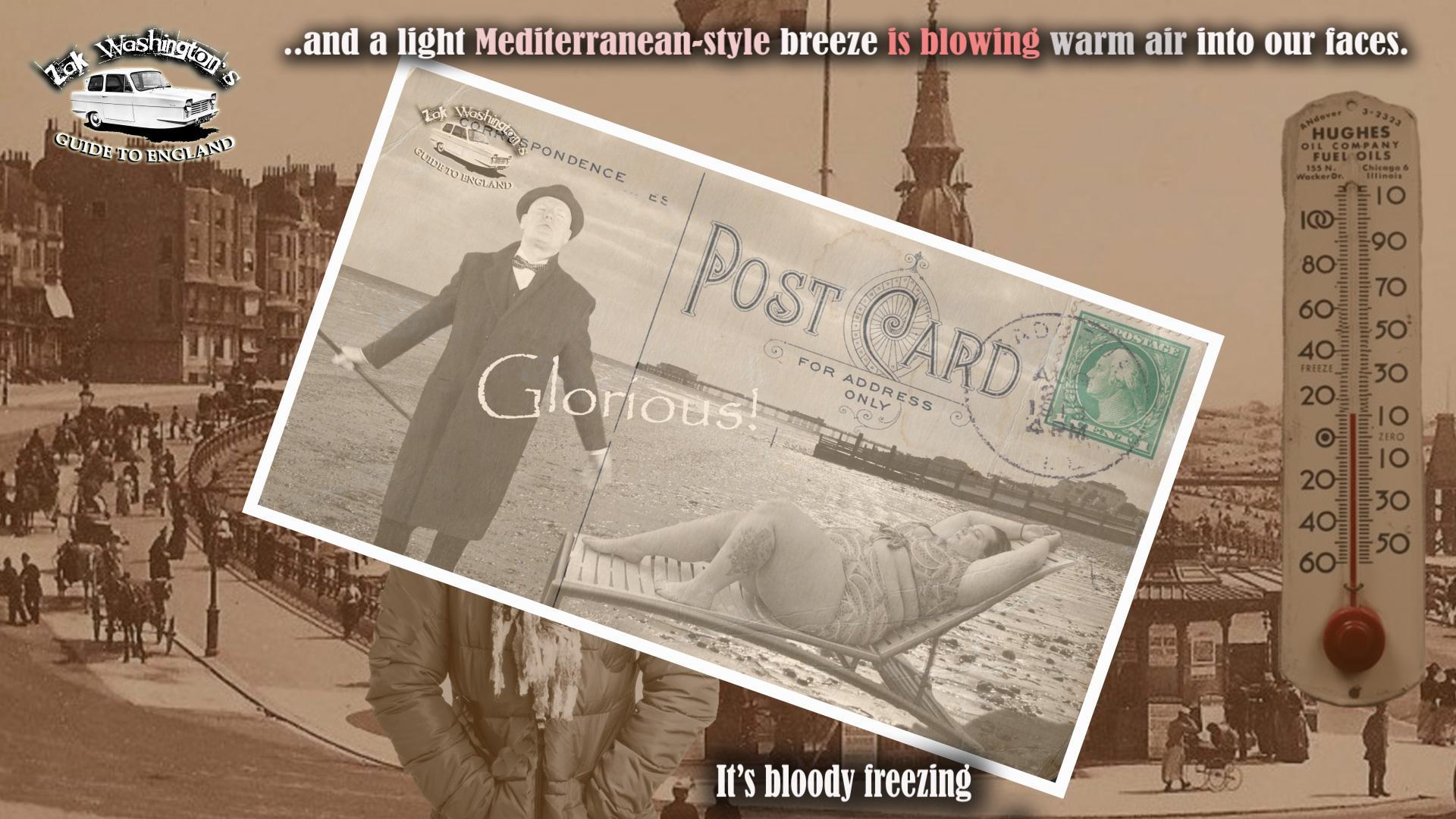In today's mini-lesson we explain a complicated area of the English language. We teach you how to use words that describe the nationality, groups of people and their adjectives.
In the English lesson of today we explain a couple of other useful words which mean 'to walk'. Read on and improve your English language skills!
How do you swear in English and make it sound authentic? What are the difference between swearwords? Which English words are the most offensive?
What are the real meanings of 'bad' words?
Today we take a look at English cultural practices and ask 'How can I find a girlfriend or boyfriend in Britain?' What English language phrases and chat-up lines can I use? What techniques should I employ? What are the dos and donts of dating?
In this short lesson we help you understand about a very important aspect of British culture: the pub. What will you find? How do you order drinks? What are the typical drinks? What language do you need?
Today we give you some tips (advice) on how to use 'Can' and 'Could' - a very complicated piece of English language grammar.
Today's quick lesson looks at the differences between three commonly confused words: travel, journey and trip. We explain how and when to use them...
How to address people in English. Today we explain how to use words to describe people when you don't use a name. We look at vocabulary like 'mate', 'buddy' and 'chap' and explain how to use them in the natural way.
In today's lesson we discover two British subculture groups. The Mods and the Rockers. They became famous in the early 1960s, but why are they still so important to British people even today?









